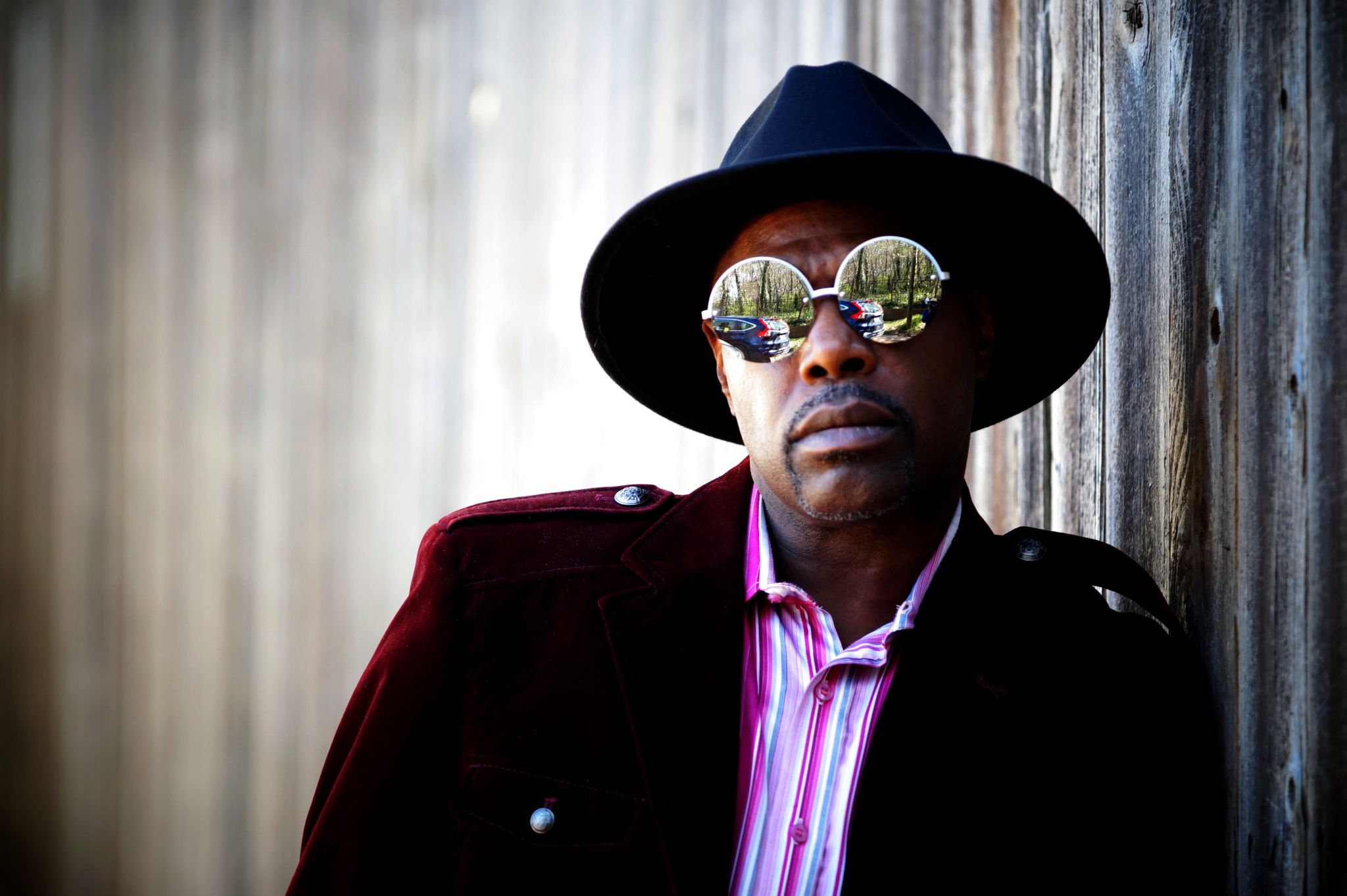“Mr. Soul: Ellis Haizlip”
Guest Writer: Bishop Hartsel Clifton Shirley
Now and then, a talent graces the world with its appearance.
It’s like a shooting star!
And those who catch a glimpse are forever changed.
This was the life of Franklyn Vincent Ellison Seales. Born on July 15, 1952, he was the fifth child of eight to Francis Seales, a government employee and merchant, and Olive Seales, a homemaker. Franklyn was of mixed ancestry: English, Scottish, African, Portuguese, and Native Caribbean; this gave him very handsome features that would be both an advantage and a liability.
Seales spent the first eight years of his life in Calliaqua, a town in St. Vincent and the Grenadines, in the West Indies. In the 1960s, his family left the islands and moved to New York, where Franklyn attended Brooklyn’s Lincoln High School.
Originally, Franklyn planned to attend Pratt Institute and major in art. As early as six years old, he had an active interest in painting. At one point, he spent time with and learned from the colorist and landscape artist Ian Robertson and West Indian artist, O. D. Brisbane. Franklyn was stirred by the surroundings of his youth and learned the use of acrylics, oil, pen, and ink. His fondness for vibrant color can be seen in the vivid lush colors of St Vincent’s natural setting.

Villa Bay in St. Vincent was home to Carib Indians, who fashioned carvings on the rocks near the ocean. Franklyn had an enduring captivation with the carvings; and in his younger years, he’d outline the faces–made of lines–with bits of chalk. People were the main subject of Franklyn’s artwork, and images with tribal inspiration arose from his memory of the art and tribes of the Carib Indians.
Seales stated, “The Caribs had immense influence in my life, even before I saw Picasso’s work, I was influenced by their art.” He created nearly 20 years’ worth of original artwork, and in 1989, much of it was initially presented at the Red 44 Art Expo in New York City.
However, Franklyn Seales, the actor, had a different trajectory. Only intending to help a friend do the balcony scene from Romeo and Juliet, he caught the eye of the renowned actor and producer, John Houseman, also known for his role in the television show, The Paper Chase. Houseman, the founding director of the Drama Division at The Juilliard School, granted Seales a four-year drama scholarship.
Seales also studied at Houseman’s Acting Company, once called “the major touring classical theater of the United States.” At the time, Seales had the distinction of being “the first and only known graduate of Juilliard to hail from St. Vincent.”
The actor’s breakout role was as Lt. Henry O. Flipper, the first African-American graduate of West Point in the 1978 PBS drama, Trial of The Moke. His next role was quite substantial: he portrayed real-life convicted cop killer Jimmy Lee (Youngblood) Smith in The Onion Field, based on the 1973 true crime book by Joseph Wambaugh.
Later that year, he had a minor role in Star Trek: The Motion Picture. In 1981, he appeared as Rifleman Cleotis Simms in the movie Southern Comfort. Then, 1983 would bring Seales his most memorable television role as the fussy and tightly wound, yet endearing business manager “Dexter Stuffins” on the NBC sitcom, Silver Spoons, which ran for five seasons. He also had short-lived recurring roles on both Amen and Hill Street Blues.
Seales joined Theatre Works in Los Angeles and appeared in avant-garde productions including “Conversation at Night with a Despised Character,” in which Los Angeles Times critic Lawrence Christon declared him “one of America’s most compelling stage actors.” Other productions that he appeared in were Sade-Sack, or How to Live After the Asprocalisp, and Bertolt Brecht’s The Caucasian Chalk Circle.
Working mainly in the experimental Equity Waiver theaters of L.A., Seales appeared in No Place to Be Somebody; Charles Marowitz’s drama, Hamlet; Babbitt; and Oh Dad Poor Dad.
As an actor, Seales came to be seen as a link between the tradition of Black Africa and the sophistication of classical Anglo drama. Despite his talent, many roles he most wanted occasionally escaped him. “Either I’m not Black enough or I look too Hispanic or Cuban,” he was quoted as saying in one of his last interviews in 1988. “I have to be hired by someone who knows my work.” His last big achievement was at the Mark Taper Forum in October 1988, starring in Nothing Sacred, an adaptation of Ivan Turgenev’s novel, Fathers and Sons.
According to his sister, Deborah Richardson, Seales began noticing AIDS-related symptoms, in particular a persistent cough, while on the set of Amen. This prevented him from working regularly during the last few years of his life.
On May 14, 1990, Franklyn Vincent Ellison Seales—accomplished actor and painter–passed away at the age of 37 from advanced HIV disease at his family’s home in Brooklyn. Though his time was short before our eyes, his life is proof again that…
Seales Clip from The Onion Field:
https://www.youtube.com/watch?v=PjcGHrHxOoI
Seales Clip from Silver Spoons, Season 4, Episode 1.

Bishop Hartsel Clifton Shirley is an author, writer, singer/songwriter, and bishop from Waterloo, Iowa. He received his master’s degree in business from the International Business Management Institute based in Berlin, Germany.
Currently residing in Atlanta, Mr. Shirley is a bishop of National and International Social Action, part of New Direction Overcomers’ International Fellowship (based in Richmond, Virginia).
A multi-faceted talent, Hartsel is a writer, author, and singer/songwriter. A bronze prize winner of the International Society of Poets, he has penned editorials for the Waterloo/Cedar Falls Courier. His best-selling novel is entitled Three Words, Four Letters, published by Ishai Books. Additionally, Hartsel has charted at #1 several times on the ReverbNation pop music charts.
Inspired by Langston Hughes, Bishop Shirley states, “I write what moves me. There is nothing I can’t write. I just have to care about it so I can write truthfully.”
According to Hartsel, his current book, The Night Eddie Sallis Died, is based on factual information he uncovered in 2002 about a 1966 jail cell “suicide” in Waterloo, Iowa (his place of birth). This revealing and riveting book pulls back the curtain on racism and police brutality. The author emphasizes, “These truths make Iowa a state not to be taken lightly–nor forget.”



Leave A Comment